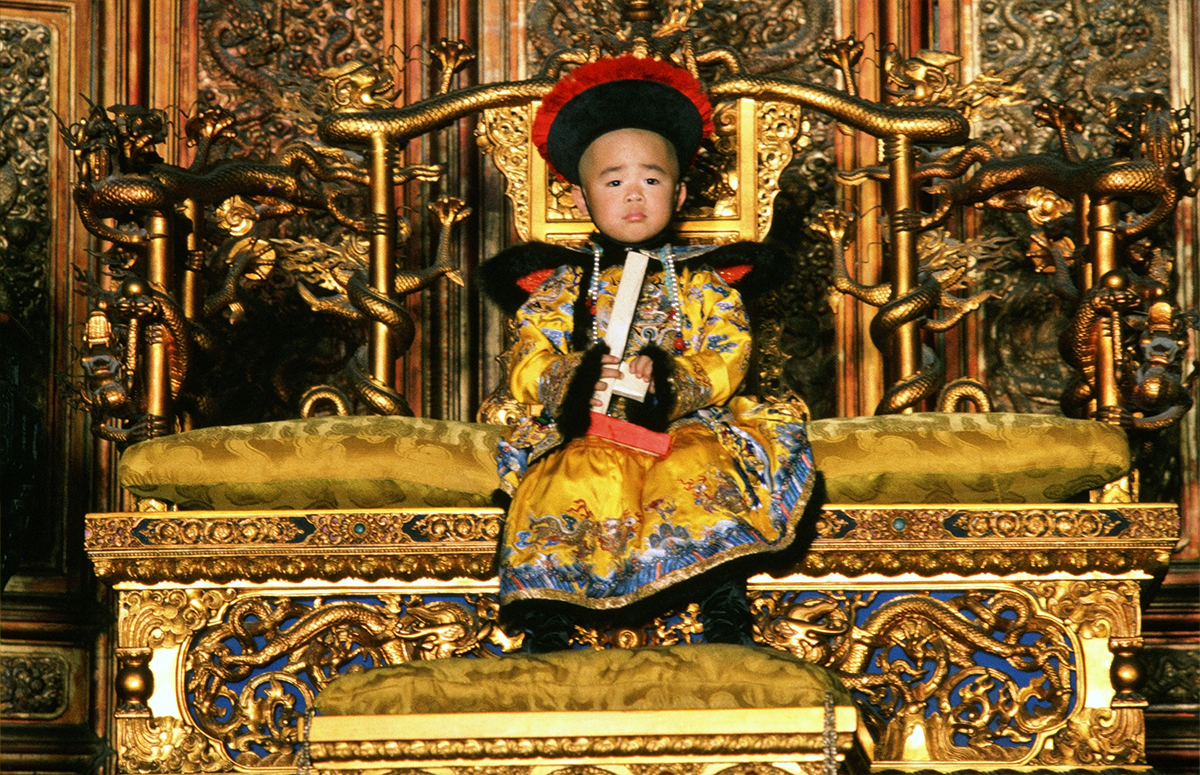페이지 정보
The Last Emperor
|
작성자최고관리자 작성일24-04-04 조회321 |
|---|
본문
USA, France, UK, Italy / 1987 / 162min / DCP / Color / Fiction
Synopsis
In 1950, at the age of 44, Puyi returns to his homeland with 800 Chinese war criminals under Soviet surveillance, chronicling a life of self-criticism and recalling his time as emperor. In 1906, at the age of four, Puyi was crowned emperor, but his court life came to an end during the third year of the Xinhai Revolution. Living as a pensioner in the Forbidden City, Puyi marries and realizes the realities of the times, and thanks to her British tutor, she dreams of studying abroad. However, in 1924, Puyi was forced to flee to Japan by a military coup d'état, where he was persuaded by a Japanese envoy to become the ruler of Manchukuo and, two years later, the emperor. While attempting to escape to defeated Japan, Puyi becomes a prisoner of the Soviet army and is transported to China, where he serves his sentence and becomes an ordinary citizen...
Program Note
The Last Emperor directed by Bernardo Bertolucci is significant in that Sakamoto became the first Asian to win the Academy Award for Best Original Score. It follows the life of Puyi who becomes emperor at the age of four and becomes a war prisoner at the age of 44. Sakamoto was originally scheduled to appear as an actor in this film, but while filming, he received a proposal to create music for the film. He composed the most beloved piece 'Rain', which perfectly captures the turbulent fate of Puyi, who is unable to control his own destiny. (Huh Namwoong)
Director
-
- Bernardo Bertolucci
- Bernardo Bertolucci, the Italian director whose films were known for their colorful visual style, was born in Parma, Italy. He served as assistant director for Pier Paolo Pasolini in the film Accattone(1961) and directed The Grim Reaper(1962). His second film, Before the Revolution(1964), which was released in 1971, received an Academy Award nomination for best screenplay. Bertolucci also received an Academy Award nomination as best director for Last Tango in Paris(1972), and the best director and best screenplay for the film The Last Emperor(1987), which walked away with nine Academy Awards.
- 이전글 Ryuichi Sakamoto: Coda
- 다음글 Railroad Man



















































